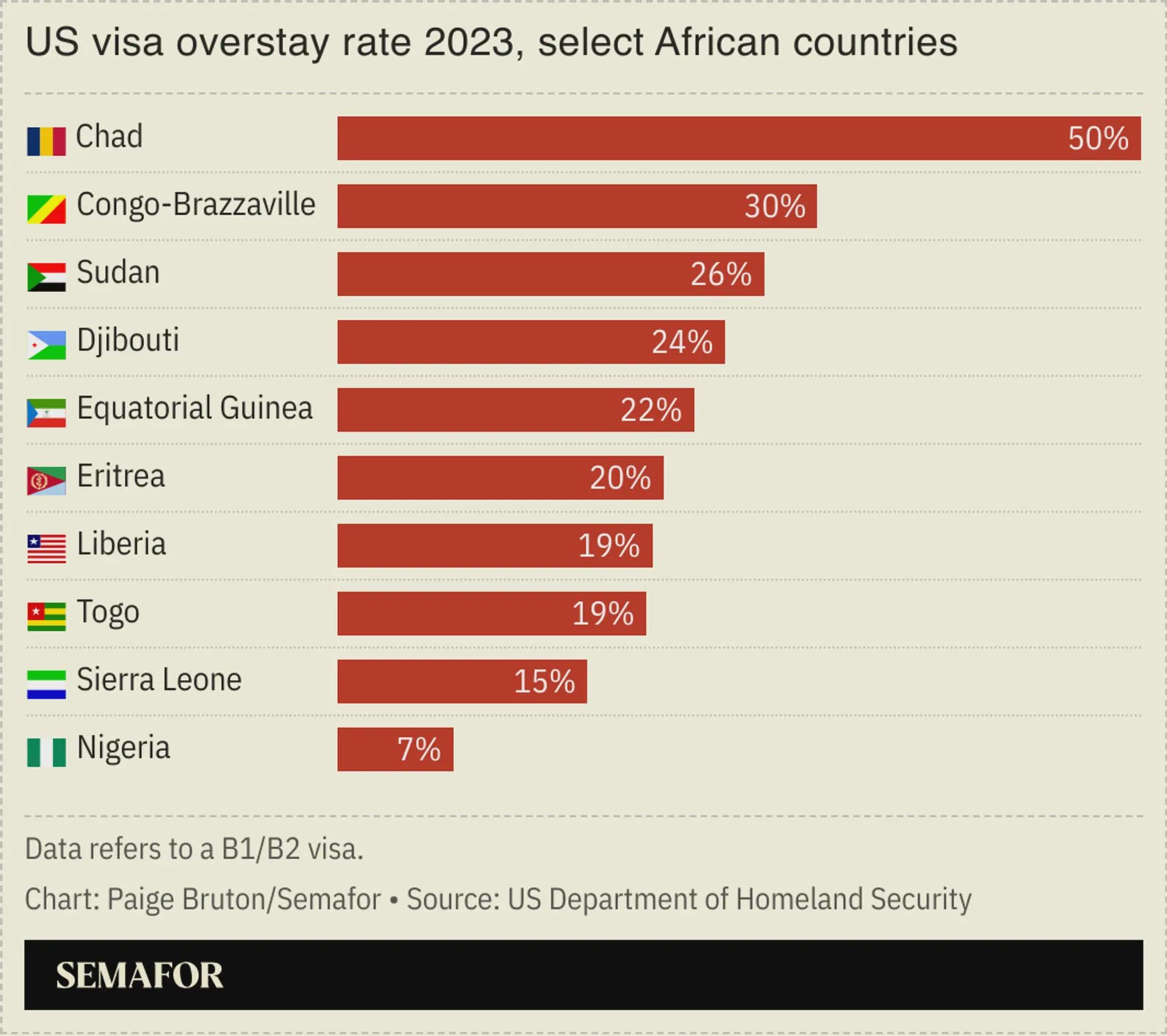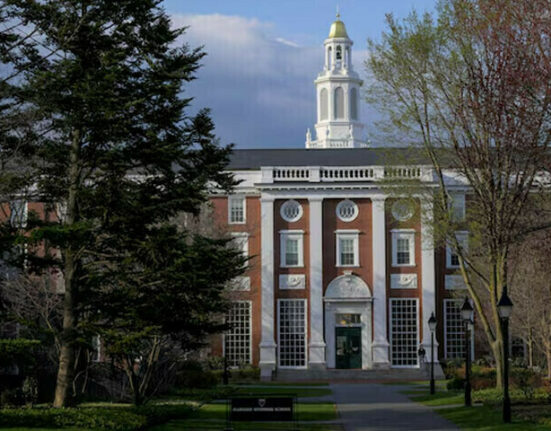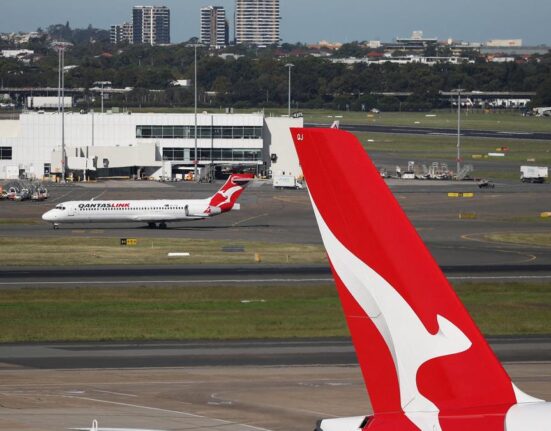Visiting foreign lands has always been an aspiration for many individuals, offering a gateway to new experiences, opportunities, and connections. However, recent developments have stirred the Nigerian community as President Trump’s administration announced a significant reduction in visa stays for Nigerians, reversing the five-year validity that was previously in place. This decision has sparked discussions and concerns within the Nigerian diaspora, raising questions about its implications on travel, relationships, and the broader socio-political landscape.
The United States has long been a coveted destination for Nigerians seeking education, business ventures, tourism, or reuniting with family members. The five-year visa validity provided a sense of stability and convenience for individuals navigating between their home country and the US. However, the recent policy change limiting visa stays has left many Nigerians feeling uncertain and disadvantaged, as it introduces complexities and potential hurdles in their travel plans and engagements with the US.
“The decision to slash visa stays for Nigerians comes as a blow to many of us who have built connections and businesses in the US. It disrupts our routines and raises concerns about the future of our endeavors.” – Adeola, a Nigerian entrepreneur based in Houston
Beyond the personal inconveniences faced by individuals, the reduction in visa stays for Nigerians reflects broader geopolitical dynamics and diplomatic relations between the two nations. The move by the Trump administration signals a shift in immigration policies, aiming to tighten regulations and impose stricter limitations on foreign visitors. This decision not only impacts Nigerians but also sends a message that could influence how other countries perceive and engage with the US.
“As a Nigerian living in the US, I see this visa policy change as more than just a bureaucratic adjustment. It speaks to the underlying tensions and attitudes towards immigrants, shaping the narrative of who is welcome and who is not.” – Chidi, a Nigerian student studying in New York
The Nigerian community, both within the country and abroad, has been vocal about their concerns regarding the visa policy changes and its implications. Social media platforms, like Reddit’s r/Nigeria, have become spaces for individuals to share their perspectives, seek advice, and mobilize support to address the challenges posed by the new regulations. The conversations sparked by this development highlight the resilience and unity of the Nigerian diaspora in navigating obstacles and advocating for their rights.
“The visa stays reduction is a setback for many Nigerians, but it also strengthens our resolve to stand together, support each other, and push for policies that recognize our contributions and aspirations.” – Tolu, a Nigerian community organizer in Atlanta
Looking beyond the immediate impact on visa durations, the decision to slash visa stays for Nigerians underscores the complexities of international relations, migration policies, and cultural exchanges in a globalized world. It prompts discussions on the need for inclusive and equitable approaches to immigration, recognizing the diverse backgrounds, talents, and contributions that individuals from different nations bring to host countries.
As the Nigerian community grapples with the repercussions of the visa policy changes, there is an opportunity for dialogue, advocacy, and collaboration to address the challenges and work towards more sustainable and respectful immigration practices. By amplifying their voices, sharing their stories, and engaging in constructive conversations, Nigerians can contribute to shaping policies that uphold principles of fairness, diversity, and mutual understanding in the realm of international travel and relations.
In conclusion, the decision to slash visa stays for Nigerians by the Trump administration has reverberated across communities, sparking reflections on identity, belonging, and the evolving dynamics of global mobility. While the policy change presents obstacles for individuals seeking to travel to the US, it also galvanizes a sense of solidarity and determination within the Nigerian diaspora to navigate uncertainties, advocate for their rights, and foster inclusive dialogues that transcend borders and boundaries.









Leave feedback about this